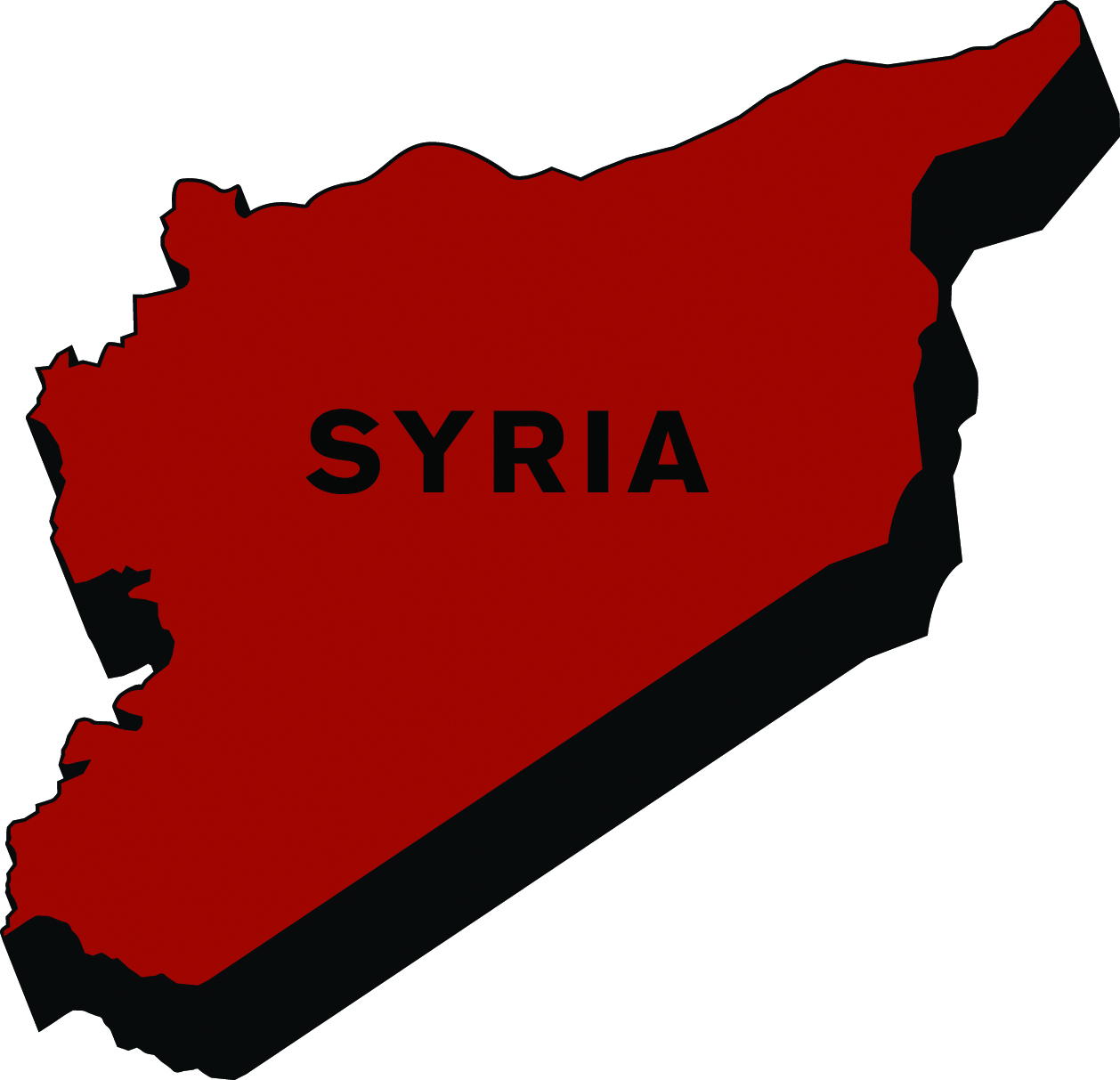The Syrian uprising continues with brutal massacres occurring on a regular basis. The increasing number of deaths must be stopped. However, I feel that the situation is far more complicated than simple foreign intervention, especially when compared to Libya where armed forces could easily resolve the issue. I believe that any intervention by a foreign nation or organization will result in greater suffering and lead to an even more destructive and chaotic war due to the fact that Syria is composed of a large number of different minority groups. The only solution to stabilize Syria is to solve the issue internally.
There is no doubt that foreign forces, such as the United Nations, or specifically the American military, have the power to bring Assad down, there are more factors that must be considered. For example, it is possible that, were Assad to be removed from power, the religious sect which he belongs to, the Alawite sect—a form of Shia Islam—could be the target of ethnic cleansing.
Syria has devoted a wide range of resources to their military and has one of the largest army’s in the region, therefore, any intervention by an external force could lead to disastrous results. This means that, the internal massacre might dramatically expand in scope. It is even possible that foreign intervention could cause many Syrians to rally behind Assad, in order to fight what would be a “foreign threat.”
The most powerful opponents of intervention are Russia and China. Since China and Russia both possess a veto on the United Nations Security Council and have rigidly opposed any foreign intervention, any step by an outside body in Syria will most likely result in a deeper and more protracted conflict, which could affect not only the Syrian people, but the entire surrounding region, another potential drawback to foreign intervention.
Syria is a densely populated country. If even half of the Syrian population took on the government, the regime would fall swiftly. But the story is different; there is no clear consensus in Syria, and that is why the conflict has continued for some time. The school of thought given by the Syrian government considers the rebels to be nothing more than criminals and terrorists responsible for creating chaos.
Former UN Envoy to Syria Kofi Annan’s peace plan could have proved beneficial for the Syrian government to get away from this grim situation but unfortunately it collapsed. Since then, Russia, in collaboration with China and four other neighbouring nations, has drafted a joint proposal demanding the renewal and implementation of this plan. If this occurs, it could save the region from going into a civil war by restricting foreign forces from intervention.
I believe that removing Assad from his position could very well worsen the situation by unleashing a sectarian war between religious groups. There should be a proper political transition first, halting the bloodshed and making way for a political process. It has to be assured that whichever system replaces the current one, the rights for minority religious groups, such as the Alawites, are not undermined and Syria is not allowed to descend into brutal sectarian conflict.
For the sake of peace, a settlement should not be found through violence, it should be found through peaceful dialogue. Both the rebels and the regime must lay down their weapons.




